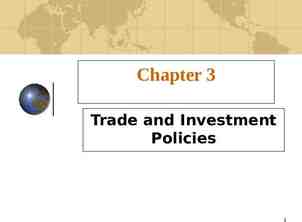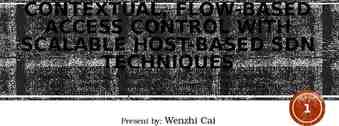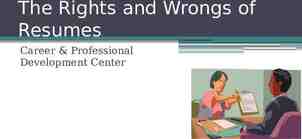Political Participation A passive citizenry?
24 Slides402.00 KB

Political Participation A passive citizenry?

Political Participation actions undertaken by ordinary citizens that are intended, directly or indirectly, to influence the selection of government personnel and/or the policy decisions they make”

In Liberal Democracies Voting in elections is only one of the activities of political participation. Institutional context, especially the party system, has a clear impact on electoral or other forms of political participation.

Totalitarian Model of Political Participation Citizens were involved in politics only when mobilized by the party-state to implement policies already made. The author of Political Participation in the USSR" (1979) suggested that his book might as well be subtitled How and why do Soviet politics involve the people?"

In Mainland China From mobilized” political participation to optional” political participation”

Political Participation in Communist China” (1967) mass line” emphasizes direct contact between cadres and masses as the surest means of eliciting popular participation and keeping political leaders in touch with popular demands In broadest terms, Communist mobilization of the masses has politicized an apolitical population.

Citizens and Groups in Contemporary China” (1987) Chinese citizens do in fact regularly pursue their interests with a repertoire of tactics tailored to these constraints”

Political Participation in Rural China” (1988) In general, males, with good" class origins and some education, who were strong, skilled, and in their working prime, participated at higher rates.

Participatory Activities in Mainland China Some common political activities in a democracy, such as donations for opposition parties or voting for government leaders, do not exist. Other forms of activities, like reporting to the letters and visits offices" or utilizing patron-client relations, would be rare in a liberal democracy.

Five Participatory Modes Mean score Appeals 1988 0.87 1996 1.04 Adversarial activities Cronyism 0.25 0.32 0.22 0.34 Resistance 0.28 0.16 Protest 0.05 0.19

Appeals Complain through the bureaucratic hierarchy Complain through political organizations Complain through the trade unions Complain through deputies to local people’s congresses

Adversarial activities Write letters to newspaper editors Write letters to government officials at higher levels Complain through the letters and visits” bureaus

Cronyism Use connections Send gifts to bureaucrats in exchange for help

Resistance Slow-down on the job Whip up public opinion in work units against leaders Organize a group of people to fight against leaders

Protest Strike Participate in demonstration Sue bureaucrats in court

Political Participation in Beijing (Shi 1999) Peculiarities about Beijing: Capital of the PRC Per capita GDP among the highest More institutions of higher education and more college students than most % residents with college degrees highest among provinces 1 in 10 residents are CCP members

Explanatory variables of political participation Education Political interest Political efficacy Political knowledge Civic skills Party mobilization

Political efficacy Internal efficacy: beliefs about one’s own competence to understand and participate in politics External efficacy: beliefs about the responsiveness of governmental authorities and institutions to citizen demands

Shi’s findings in Beijing General level of education increased from 1988 to 1996 People became more concerned with politics and governmental affairs Internal efficacy became stronger Frequency and intensity of political activism increased

Shi’s findings in Beijing Both adversarial activities and protest increased substantially between 1988 and 1996 Government activity and education became increasingly important in influencing the level and intensity of political participation

Shi (1999)’s Conclusion Beijing residents have become more politically sophisticated and more assertive in the articulation of their interests

Compared with TW & HK traditional orientation moral government moral leader state precedes over individual elitism (better educated) paternalism stability above pluralism

Traditional orientation People with traditional orientation tend to be: less educated older living in villages and towns employed in blue-collar jobs fairly consistent across the 3 societies

Effect on political participation education is a most important factor the impact of political interest is far more pronounced in TW & HK Party membership in mainland China HK: more individually-based traditional orientation has the least influence






